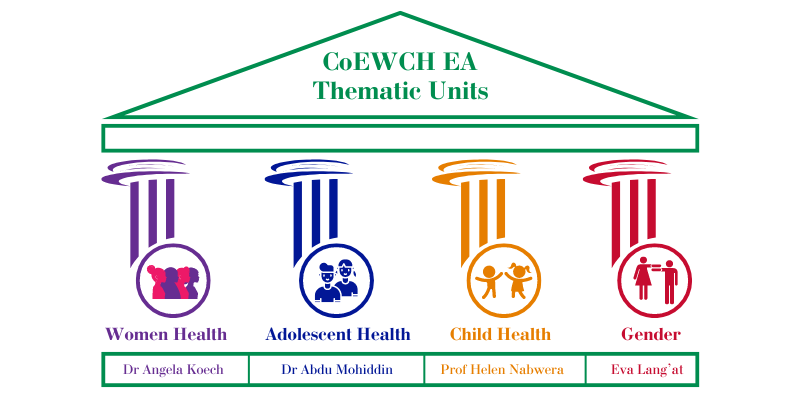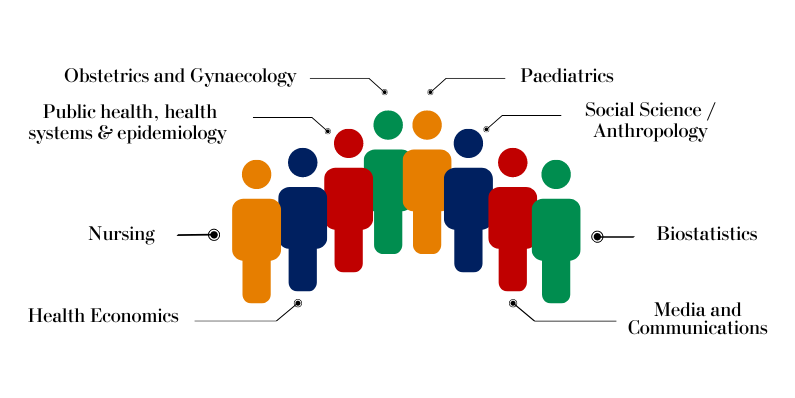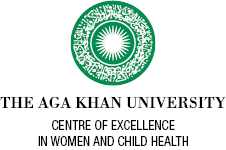Research
East Africa
The Centre of Excellence in Women and Child Health, East Africa targets population and public health, health systems strengthening, quality of clinical care, education and research, in reproductive, maternal, newborn, child and adolescent health( RMNCAH) to improve understanding on health and wellbeing in women, adolescents and children.
The work includes four strategic areas which are supported by four cross-cutting areas of Social Science, Data Management, Research Training, and Research Mobilization:

The team of researchers includes experts in public health systems research, social science, epidemiology, obstetrics - gynaecology, paediatrics, nursing and midwifery, family medicine, biostatistics and monitoring and evaluation. CoEWCH EA offers a platform for research for students and interested faculty, and provides evidence based information and technical support to national and international governments, civil society, development agencies researchers and other key stakeholders.

In East Africa, the Centre has engagement in Kenya, Tanzania and Uganda and is instrumental in strengthening the local capacity in data and knowledge management, research and learning.


